Peeling back the layers of protein isn’t just for bodybuilders or the health-obsessed. The truth is, everyone needs protein – it’s an essential macronutrient that supports a healthy body. So, how much protein do you need?
The Power of Protein: Why We Need It and What Happens If We Don’t Get Enough
Protein is more than just a buzzword in the fitness and nutrition world. It’s a crucial macronutrient that plays a vital role in nearly every function in our bodies. Proteins are the building blocks for our muscles, bones, skin, hair, as well as enzymes, hormones, and various molecules that serve essential roles in our bodies1.
A lack of protein in the diet can lead to a condition called protein malnutrition or protein-energy malnutrition (PEM). Symptoms of PEM can range from fatigue, irritability, and loss of body mass to more severe cases, including stunted growth in children, loss of muscle mass, decreased immunity, weakening of the heart and respiratory system, and in extreme cases, death2.
On the other hand, consistently consuming too much protein than your body needs may also lead to health issues. Some research suggests that excessive protein intake, especially from animal sources, may be linked with kidney disease, osteoporosis, cancer, and heart disease3. Moreover, if you’re consuming high amounts of protein at the expense of other essential macronutrients like carbohydrates and fats, you could end up with nutrient deficiencies.
Finding the right balance is key. The recommended dietary allowance for protein is 46 grams per day for women and 56 grams per day for men4. However, these values can vary based on factors such as age, physical activity level, and health status.
It’s always best to consult with a healthcare professional or a dietitian to determine the optimal amount of protein for your individual needs and to ensure a well-rounded diet that includes adequate amounts of all macronutrients.
How Much Protein Do You Need: The Essential Guide for Your Health and Fitness Goal
Whether you’re a professional athlete, an amateur jogger, or someone who just wants to maintain a healthy lifestyle, the amount of protein you need can vary. According to well-respected fitness guidelines, here’s a simple breakdown:
- Sedentary adults: For those who are not particularly active, the general guideline is to consume around 0.8 grams of protein per kilogram of body weight per day.
- Active adults or those trying to lose weight: If you’re a little more on the active side or trying to lose weight, you might want to consume a little more – around 1.2 to 1.7 grams of protein per kilogram of body weight per day.
- Serious athletes or those building muscle: Now, if you’re training hard and want to build muscle or improve performance, you should aim for about 1.2 to 2.0 grams of protein per kilogram of body weight per day.
So, if you’re a 70 kg (approximately 154 lb) active adult, you’ll need around 84 to 119 grams of protein per day, while a hardcore athlete of the same weight would require 84 to 140 grams.
Note: 1 Kilogram = 2.20462 Pounds. Convert your weight from lb to kg.
Proteins in Your Pantry: Delicious Sources
Now that you’ve got the numbers, it’s time to figure out where to get this protein. Here are some food sources that are packed with protein:
- Animal-based proteins: This includes meats like chicken, beef, and pork, as well as fish, eggs, and dairy products.
- Plant-based proteins: If you’re a vegetarian, vegan, or just looking to reduce your meat consumption, you can get protein from sources like legumes (beans, lentils), soy products (tofu, tempeh), whole grains (quinoa, brown rice), and nuts and seeds.
Remember, protein isn’t just about quantity—it’s also about quality. Aim for a balance of both animal and plant-based proteins to ensure you’re getting all the essential amino acids your body needs.
Protein-Packed Foods for Every Diet
Whether you’re an omnivore, vegetarian, vegan, or pescatarian, there are plenty of protein-rich foods to add to your meals. Here’s a list of foods along with their average protein content. Remember, actual protein content may vary based on the size, preparation method, and specific product brand.
For Omnivores
Omnivores, those who eat both plants and animals, have a wide variety of protein sources.
- Chicken breast: A skinless, cooked chicken breast (about 172 grams) provides around 54 grams of protein.
- Lean beef: In a 85-gram serving of cooked lean beef, you’ll get about 22 grams of protein.
- Turkey: A serving of turkey (85 grams, cooked) contains approximately 19 grams of protein.
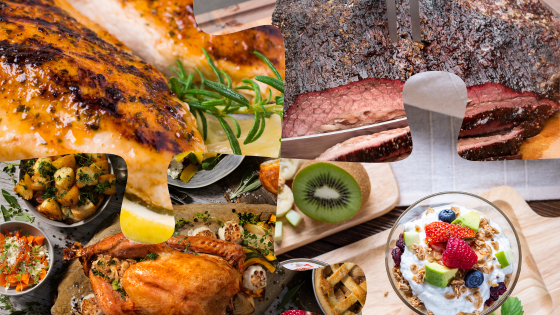
For Vegetarians
Vegetarians, who consume plant-based foods along with dairy and eggs, can consider these protein-rich options:
- Eggs: As stated, one large egg provides around 6 grams of protein.
- Greek yogurt: A 170-gram container of non-fat Greek yogurt has around 17 grams of protein.
- Cottage cheese: A one-cup (210 grams) serving contains around 28 grams of protein.
- Milk: One cup (244 grams) of whole milk offers around 8 grams of protein.
- Cheese: A slice of cheddar cheese (28 grams) has about 7 grams of protein.

For Vegans
Vegans, who eat only plant-based foods, can get their protein from the following sources:
- Tofu: A 100-gram serving of tofu contains about 8 grams of protein.
- Tempeh: Tempeh, in a 100-gram serving, offers around 19 grams of protein.
- Lentils: A one-cup (198 grams) serving of cooked lentils contains about 18 grams of protein.
- Quinoa: One cup (185 grams) of cooked quinoa delivers about 8 grams of protein.
- Chickpeas: A one-cup (164 grams) serving of cooked chickpeas provides around 15 grams of protein.
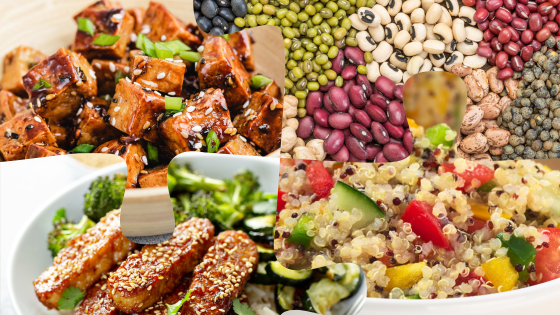
For Pescatarians
Pescatarians, who include seafood along with plant-based foods in their diet, can opt for these protein-rich foods:
- Salmon: A cooked salmon fillet (154 grams) contains around 39 grams of protein.
- Tuna: A canned, light tuna (154 grams) contains about 39 grams of protein.
- Shrimp: A 85-gram serving of cooked shrimp offers around 18 grams of protein.
- Cod: A cooked fillet of cod (231 grams) packs around 41 grams of protein.
- Mussels: A one-cup (172 grams) serving of cooked mussels provides around 20 grams of protein.

Remember, these values are estimates and the actual protein content can vary. It’s always a good idea to check food labels where available or consult a nutritionist or dietitian for precise information.
Optimizing Protein Intake: The Power of Pacing
Breaking up your protein intake throughout the day, rather than consuming it in one large meal, can lead to more effective absorption and utilization by your body. This approach is due to the body’s natural ability to only process a certain amount of protein at once.
When you consume protein, it’s broken down into amino acids, which are then used to repair and build tissues, including muscles. However, the body’s ability to utilize these amino acids for muscle protein synthesis (MPS) – the process by which the body generates new proteins – peaks at a certain point.
Research suggests that the optimal dose of protein that maximizes MPS is about 20-30 grams per meal for most adults. Consuming more protein than this in a single meal doesn’t necessarily lead to a higher rate of MPS, but instead, the excess protein might be used for energy or stored as fat.
To maximize protein synthesis and utilization, it’s beneficial to spread your protein intake across three to four meals per day. For example, if your goal is to consume 90 grams of protein per day, you might aim to eat around 30 grams of protein at breakfast, lunch, and dinner.
This protein pacing not only optimizes muscle repair and growth but also helps in maintaining satiety, regulating blood sugar levels, and promoting weight loss or maintenance.
Remember, everyone’s protein needs and absorption rates are different, so it’s a good idea to consult a healthcare professional or a dietitian to help create a plan tailored to your personal needs and goals.
Balancing Act: The Role of Protein in Your Overall Diet
Protein is only one part of the nutrition equation. It’s important to balance protein with other essential nutrients like carbohydrates and fats. Consuming a varied diet ensures you’re getting a broad spectrum of vitamins, minerals, and other nutrients critical for health.
So, how much protein do you need? The answer depends on your lifestyle, fitness goals, and personal health needs. But with a bit of calculation and a well-balanced diet, you’ll be well on your way to meeting your protein needs. Just remember, everyone is different, so it’s always a good idea to consult a healthcare professional or a nutritionist if you’re unsure about your personal protein requirements.
References

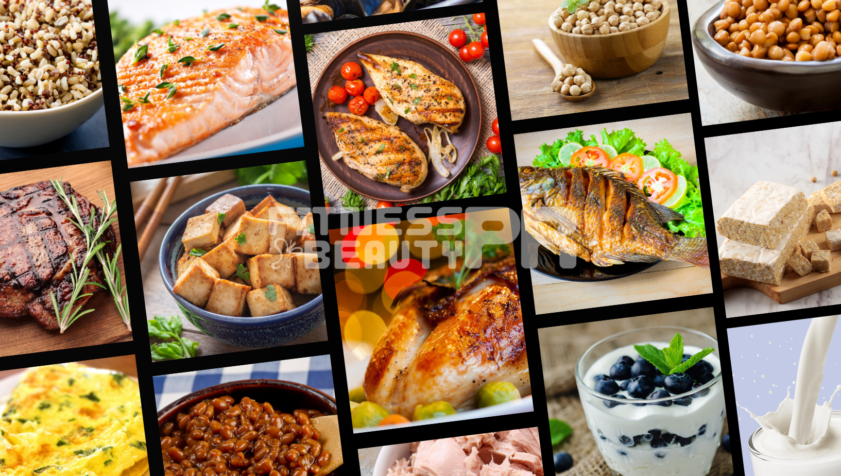


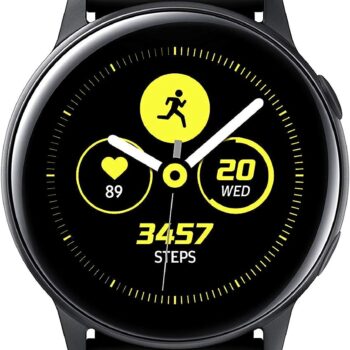


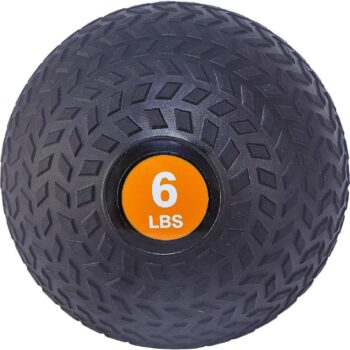

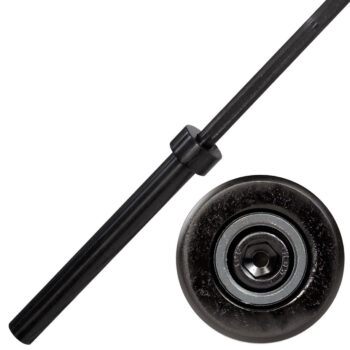


One comment